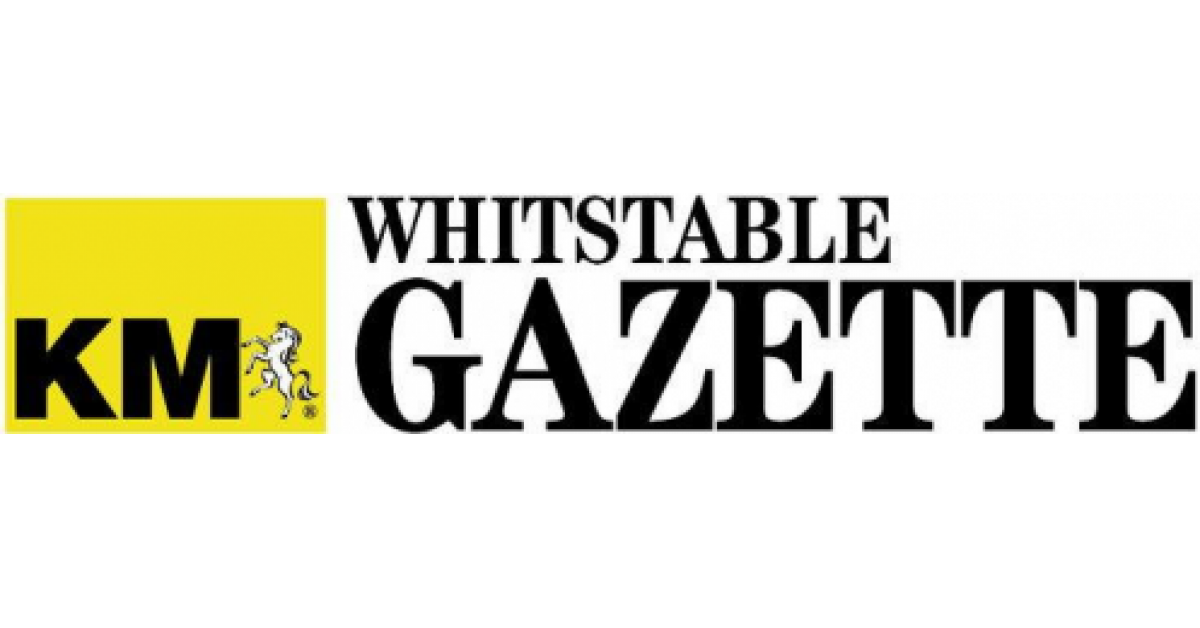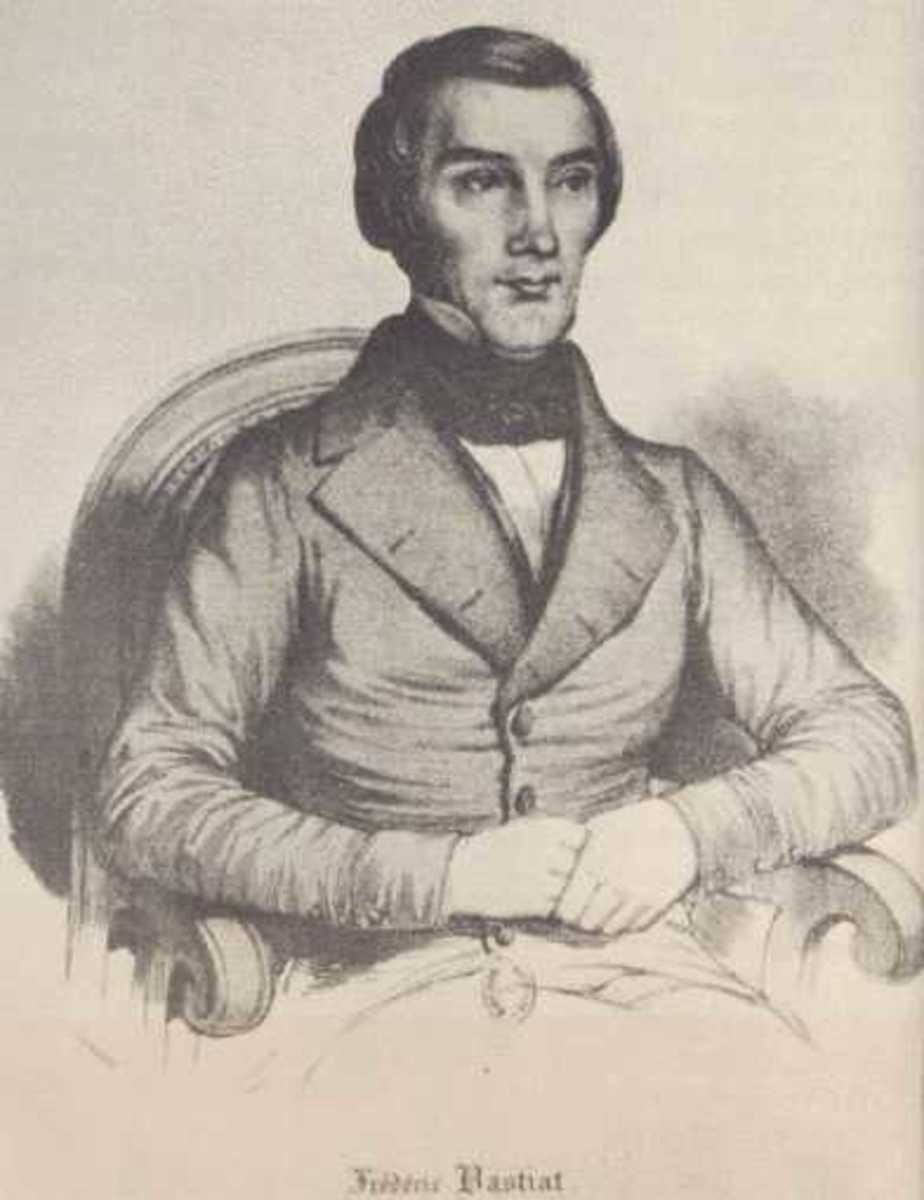Small Example of the Bigger Picture
So I was riding in the car yesterday and noticed a new gas station. They had a pretty green sign in front of their establishment indicating the price of gasoline. On December 12, 2017, it indicated the prices for Regular, Premium, and Diesel.
What else did I notice? For Regular gasoline, the cash price was 2.19 a gallon. However, the cost per gallon for that same Regular gasoline jumps 15 cents per gallon to 2.34 a gallon if you use your credit card.
Take your favorite department store; each passes on the cost of shoplifters to the honest consumers. Because some choose to steal from these stores prices go up to compensate for their projected losses based on those thefts. The store does not eat the cost of the thefts, the consumer is held liable for the bad behavior of others. Not only are they charging you for the criminal acts of others, but the price of doing business is transferred to the consumer. If gas prices go up, transportation prices go up, and that translates to higher product costs.
"What are you getting at?" you may be asking. Well, if the smallest levels of our economic chain; the gas station, the super-store, is taking the risk of higher prices off themselves by passing those costs onto the consumer, then what leads the government, in their infinite wisdom, to come to the conclusion that a larger behavior would not occur?
Small shops and restaurants attempt to circumvent their agreements with credit card companies by imposing a minimum purchase for credit card purchases. Many consumers do not know this, therefore they are being forced into buying something they don't want or getting more of something they don't need because of this practice. The fee is to help offset the cost to the vendor that they incur for accepting credit cards for payment. Imagine going to a bar and being forced to buy $25.00 worth of beer. If you leave drunk and get into your car, who should be held liable for this? Well, you of course, but also the bar that imposed the minimum purchase. If you buy $25.00 dollars worth of beer, imposed by bar management mandate, at $4.00 a beer, that is 6+ beers. If you are in a bar for 3 hours, that is 2 beers an hour. A breathalizer will determine you intoxicated.
The repercussions of taxing corporations will not be felt by the corporation or by their investors. It will be felt by their employees in smaller wages and raises and the person who wants or needs the product they create. Gasoline will go up if taxes go up. And I'm not just speaking of the taxes on the oil refiners. The small gas station will be taxed more based on their revenue. That cost will be passed onto consumers.
The consumer always pays for the increase in costs. How about buying milk in the store? The cows are not producing any better milk, it is the same milk. The cows have to eat, right? So the tractors that bale the hay have to have gas. The gas goes up in price, the cost of a bale of hay goes up. The farmer has to pay more for that hay, so he passes the extra cost of hay onto the bottling company. Then the bottling company has to pay more money for manufacturing because electricity has gone up because natural gas has gone up. They pass the costs of bottling and transporting on to the local store. Once the local store has to pay more for a gallon of milk the price at the refrigerator goes up. Who is ultimately paying for the hay, the farmer, the cow, the gasoline, and the milk?
What ever happened to the cost of doing business? The cost of doing business is now revenue for the business, and the cost is passed on to the consumer.
Now, here we go in 2017, a tax plan that reduces taxes on higher wage-earners and businesses. How is this good for the economy? Think about my examples above. If the business does not pay the money in taxes they will transfer those savings to the consumer, their employees get raises and they hire more workers. That sounds like a good thing.
One more item: If a person making 50,000 a year gets an 800.00 break on his taxes, that is a 1.6% break in their taxes (if my math is correct). A person making 1,000,000 gets a 70,000 break on his taxes: that is 7% break in his taxes. Do we truly believe that we don't want to get rich? Do we truly believe that the upper tax group doesn't pay enough? When is enough -- enough? A middle-class man wants to keep his wages, why shouldn't the upper-class man get to do the same? Greed? Entitlements? The refusal to admit that we want to *be* the upper-class man?
Sad.








